Addressing Challenges and Seeking Solutions: Father Brian's Visit to Good Shepherd Thailand
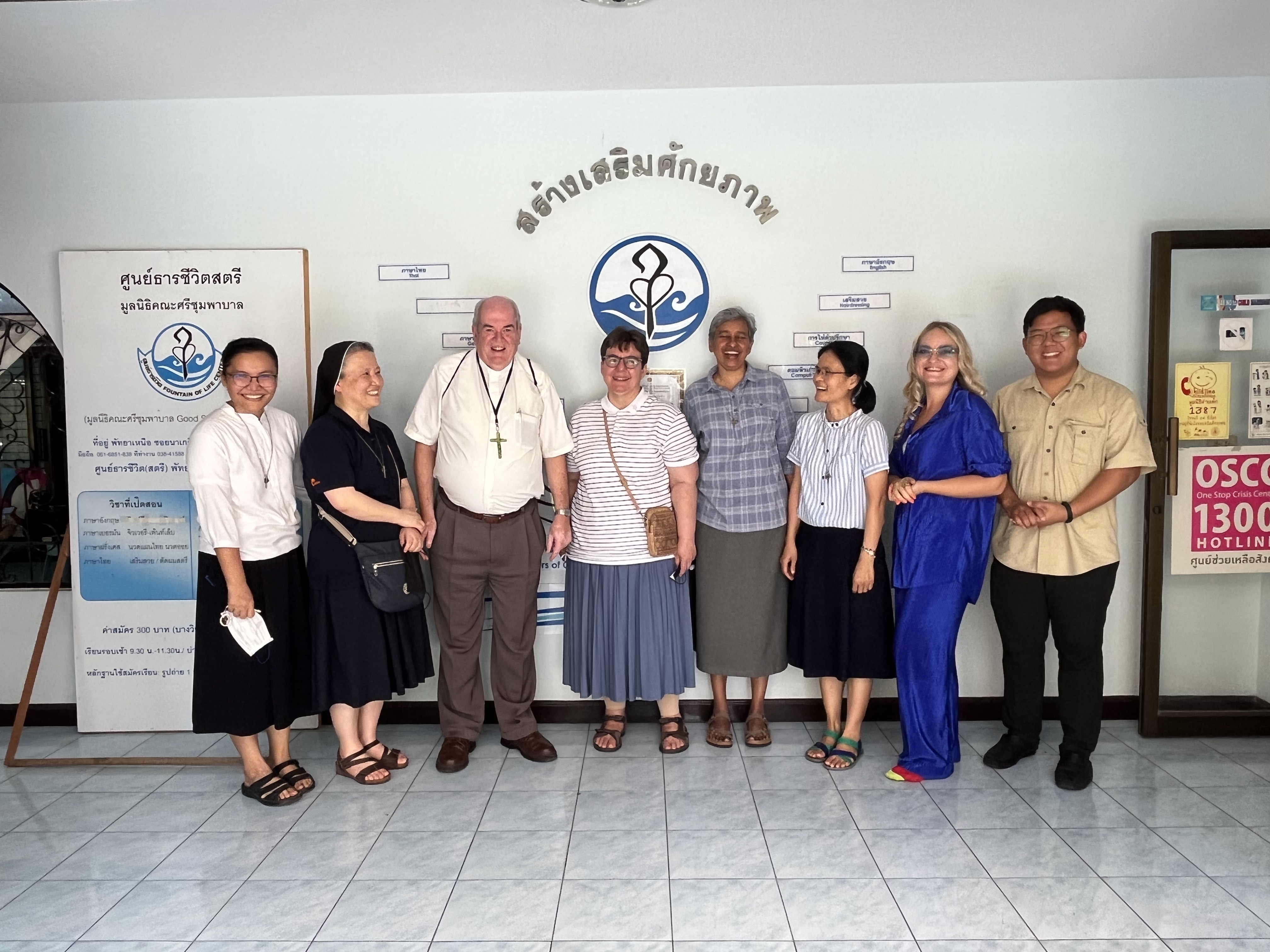
Recently, Good Shepherd Thailand had the privilege of hosting Father Brian, a passionate advocate for social justice and community development from Australia. During his visit, Father Brian engaged in insightful discussions about the importance of income generation programs for supporting vulnerable communities in Thailand and the Southeast Asia region.
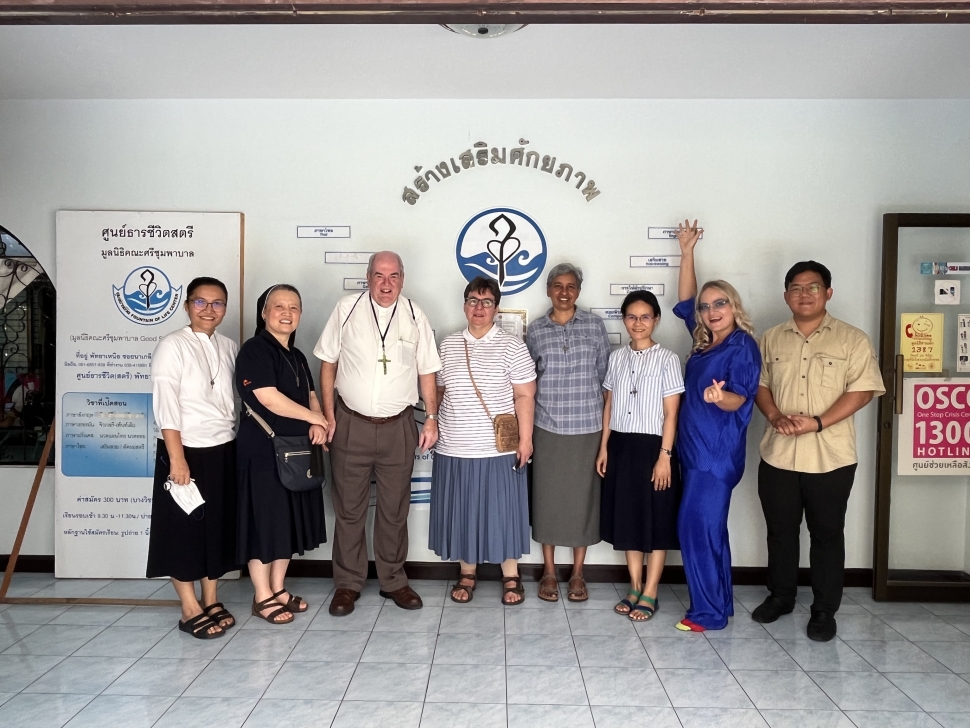
One of the highlights of the visit was our visit to Siracha Garden, where we witnessed firsthand the impact of such programs and discussed the challenges they face. In this blog post, we will delve into five significant challenges and explore possible solutions to ensure the successful development and implementation of income-generation programs for vulnerable communities.
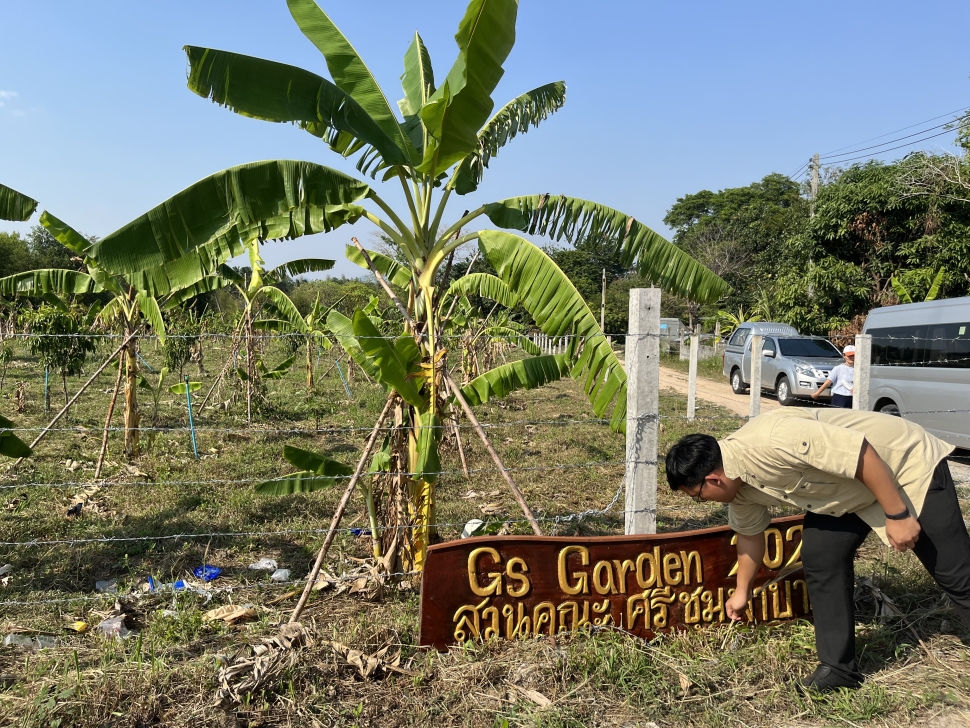
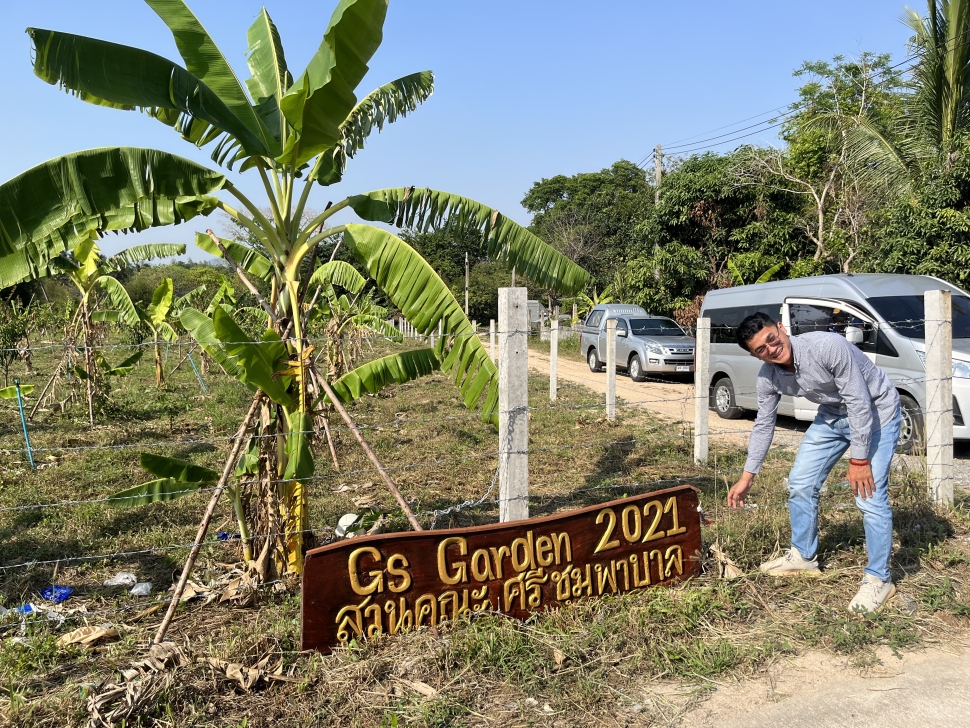
- Limited Access to Resources: One of the key challenges is the limited access to resources, including financial capital, skills training, and market opportunities. To address this, it is essential to establish partnerships with government agencies, NGOs, and private organizations that can provide resources and support for income-generation initiatives. Additionally, creating microfinance programs or establishing community-based revolving funds can help provide the necessary financial capital to kickstart and sustain income-generation projects.
- Lack of Skills and Capacity: Many vulnerable communities may lack the necessary skills and capacity to engage in income generation activities. Offering comprehensive training programs that cover various aspects, such as entrepreneurship, financial management, marketing, and technical skills, can empower individuals and enhance their capacity to create sustainable livelihoods. Collaboration with vocational training centers or skill development institutes can also be beneficial in equipping community members with the required skills.
- Market Access and Networking: Connecting income generation programs with markets and establishing networks is crucial for ensuring the success and sustainability of these initiatives. Engaging in market research, identifying potential buyers or distributors, and establishing partnerships with relevant stakeholders can help create opportunities for communities to sell their products or services. Building strong networking platforms, both online and offline, can also facilitate knowledge sharing, collaboration, and market linkages.
- Environmental Sustainability: In the face of environmental challenges, it is crucial to prioritize sustainable income generation practices. Encouraging eco-friendly production methods, promoting waste reduction and recycling, and exploring sustainable agriculture or green business opportunities can ensure that income generation programs not only provide economic benefits but also contribute to environmental conservation and resilience.
- Social Stigma and Empowerment: Vulnerable communities often face social stigma, discrimination, or marginalization, which can hinder their participation in income generation programs. Creating awareness campaigns and advocacy efforts to challenge social stigmas, promoting inclusivity, and fostering community empowerment through active involvement in decision-making processes can help overcome these barriers. Providing mentorship and support systems can also boost confidence and empower individuals to take charge of their economic well-being.
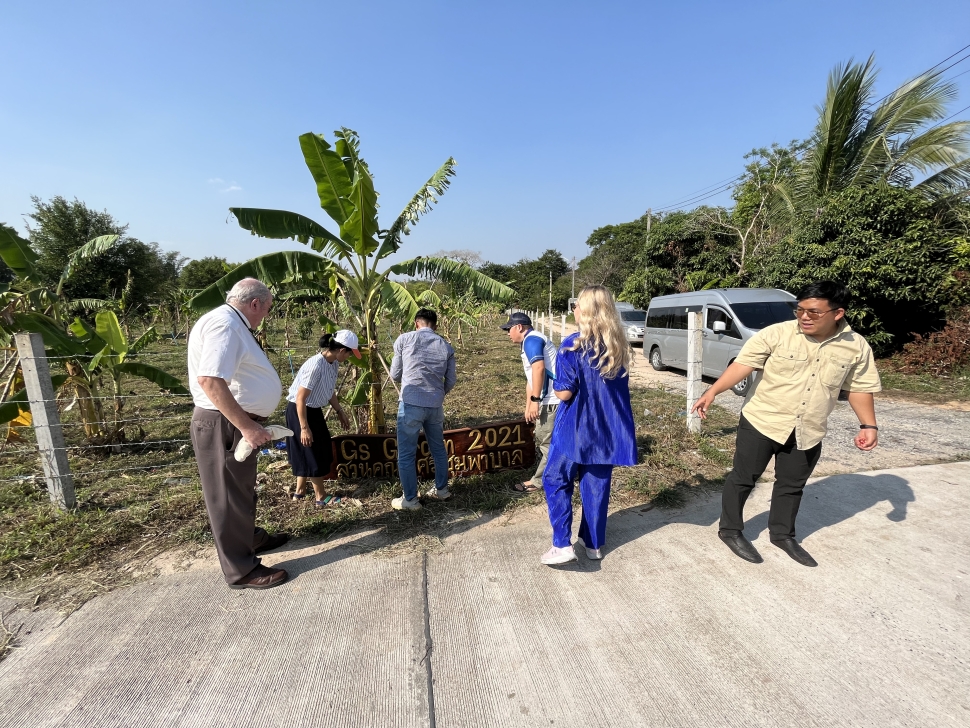
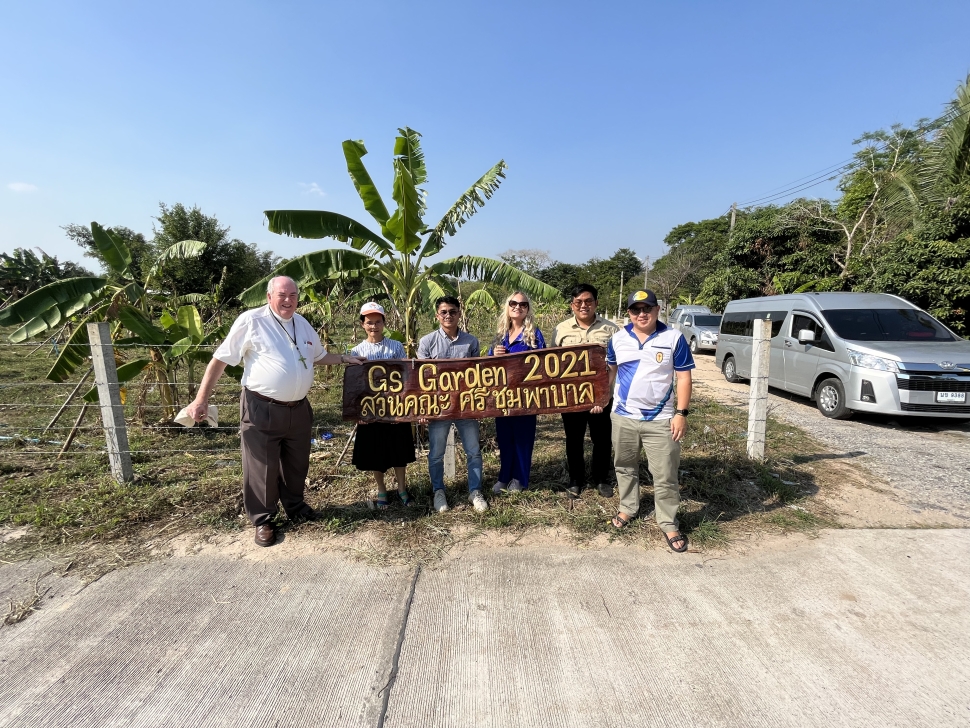
By addressing these challenges and implementing the suggested solutions, we can foster the growth of income generation programs and create sustainable livelihood opportunities for vulnerable communities in Thailand and the Southeast Asia region. Together, let's strive for a future where everyone has the opportunity to thrive and lead a dignified life.









